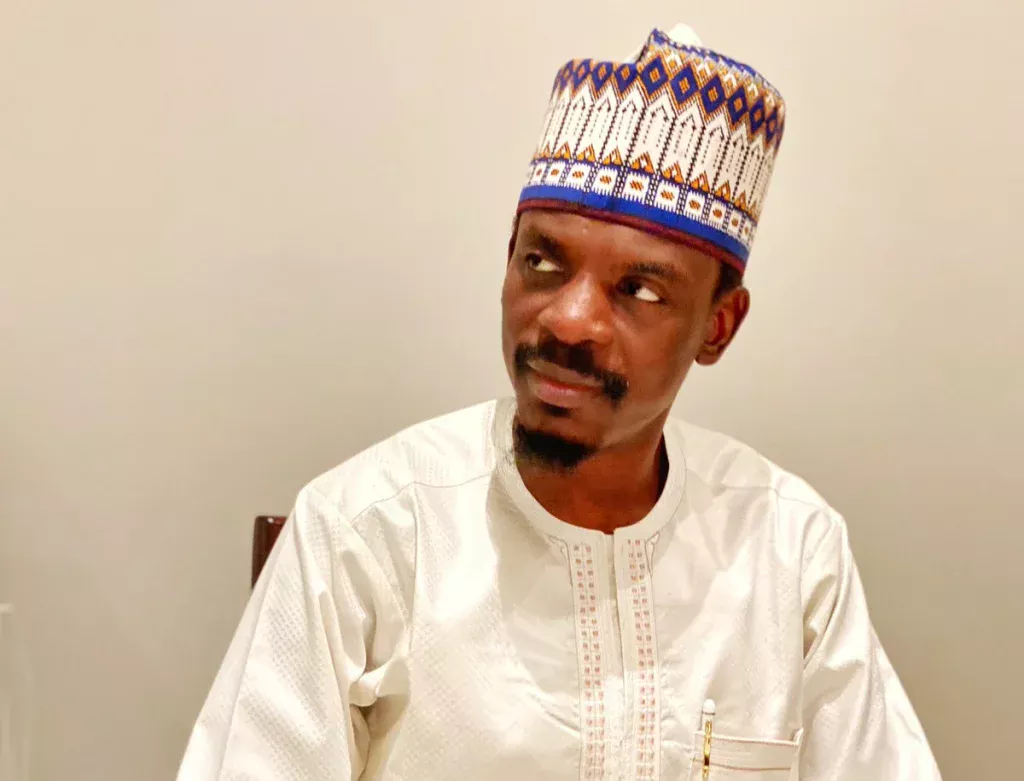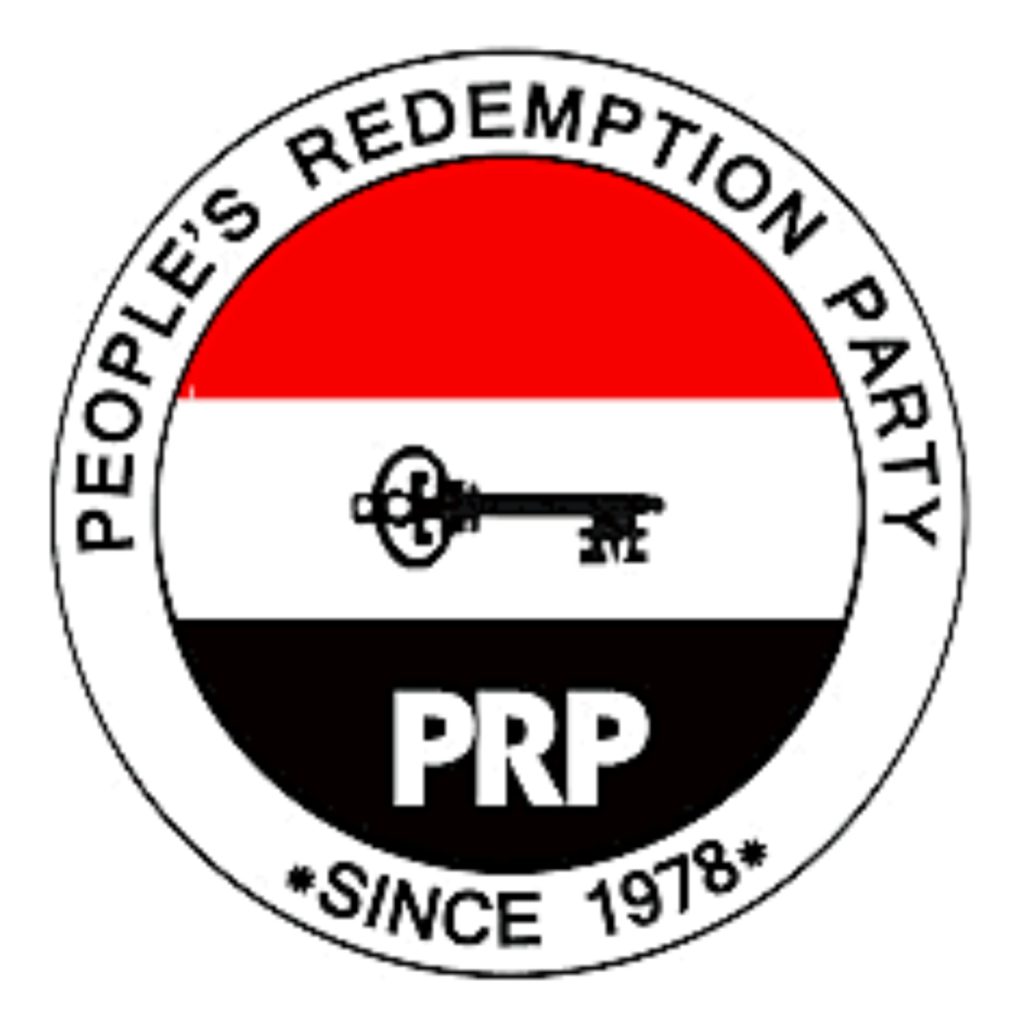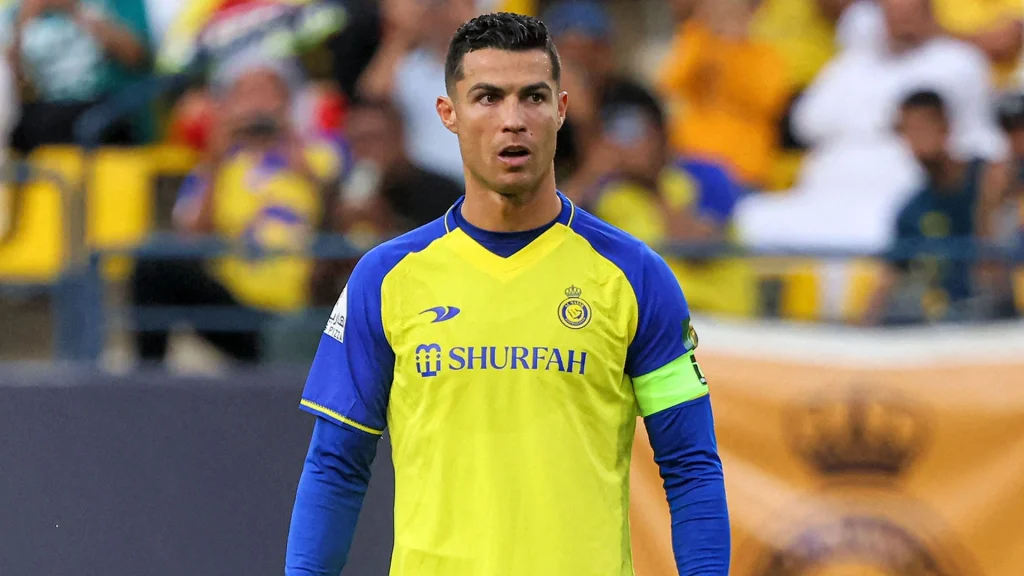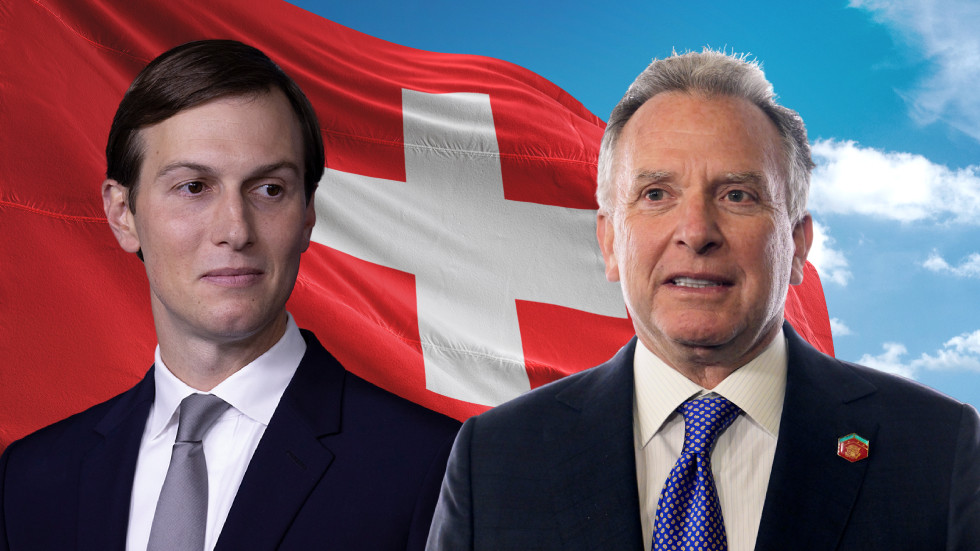The All Progressives Congress (APC) in Lagos State has responded to comments made by former presidential candidate Peter Obi regarding President Bola Ahmed Tinubu’s private vacation and its alleged link to the country’s security challenges. According to the party’s spokesperson, Mogaji Seye Oladejo, Obi’s remarks demonstrate a pattern of “habitual knee-jerk reactions” to national issues, and he has urged Obi to adopt a more constructive approach to opposition politics.
Oladejo argued that Nigeria needs a credible and responsible opposition, rather than a figure who constantly criticizes the president. He stated that Obi’s unrelenting criticism of President Tinubu reflects more of political desperation than genuine patriotism. The APC spokesperson questioned whether Obi must comment on every issue, suggesting that his constant moralizing of the president’s actions is driven by a desire for relevance rather than a genuine concern for the country.
Oladejo maintained that President Tinubu remains in full control of state matters despite being on a short vacation, citing the capabilities of modern governance that allow leaders to stay fully briefed and connected with their security and intelligence teams at all times. He emphasized that leadership requires knowing when to speak, how to speak, and when silence is the better choice, and that Obi’s constant agitation and reactionary remarks risk damaging his image as a statesman.
The APC spokesperson advised Obi’s aides to pay closer attention to how their principal engages with the public, and emphasized that the APC-led administration is focused on economic recovery, national security, and restoring confidence in public institutions. In contrast, he accused Obi of offering “nothing beyond soundbites, sermons, and perpetual complaints” without concrete policy alternatives.
The exchange highlights the ongoing debate between the ruling party and the opposition in Nigeria, with the APC emphasizing its commitment to governance and Obi’s camp pushing for greater accountability and transparency. As the country navigates its current security and economic challenges, the dynamic between the government and the opposition is likely to remain a key factor in shaping the national conversation.



